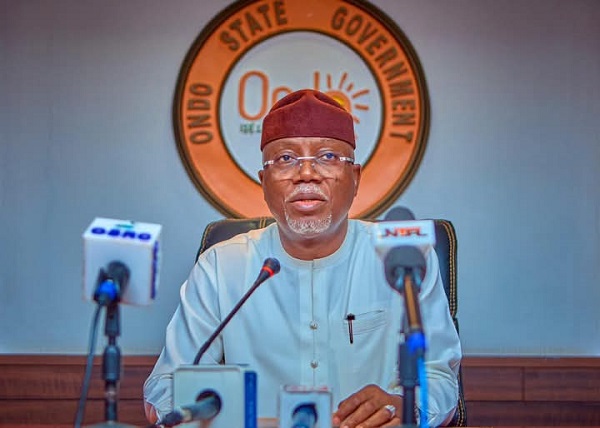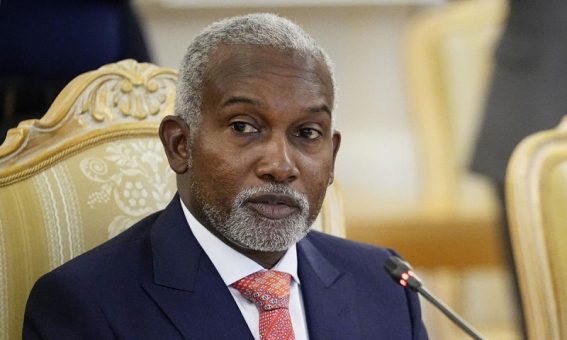The Central Bank of Nigeria (CBN) has released a total of $1.259 billion to oil sector operators for the importation of petroleum products and related items between January and March 2025.
The disbursement comes amid the continued insistence of petroleum marketers on importing fuel despite increased domestic supply from the Dangote Refinery.
According to new data from the Nigerian Midstream and Downstream Petroleum Regulatory Authority (NMDPRA), petroleum marketers imported 69 per cent of the 21 billion litres of petrol consumed nationwide between August 2024 and early October 2025.
Within the first quarter of 2025 alone, a total of 2.28 billion litres of petrol were imported, reflecting one of the lowest quarterly volumes in recent years. Analysts attribute the decline to a gradual shift toward local refining and blending of petroleum products.
Figures from the CBN’s first-quarter statistical bulletin show that the apex bank disbursed $457.83 million in January (36.2%), $283.54 million in February (22.5%), and $517.55 million in March (41.3%) — totaling $1.26 billion in forex released for fuel importation.
NMDPRA records also indicate that 724.5 million litres of petrol were imported in January, 760 million litres in February, and 803.7 million litres in March.
The struggle for market dominance between the Dangote Petroleum Refinery and fuel importers has intensified, with both sides competing for pricing advantage in the downstream sector.
While some marketers continue to import, the 650,000-barrel-per-day Dangote Refinery has maintained fuel exports to several countries, including the United States, while asserting its capacity to meet Nigeria’s domestic demand.
Industry stakeholders say pricing remains the decisive factor in determining supply sources.
Speaking on the development, the National Publicity Officer of the Independent Petroleum Marketers Association of Nigeria (IPMAN), Chinedu Ukadike, said marketers are guided purely by market economics.
“In this business, pricing is everything. Marketers will always go for the most affordable option because our margins are very thin,” Ukadike explained.
“If imported products are cheaper, we have no choice but to patronise importers. But if Dangote’s refinery offers a better price, we will buy locally.”
He added that the price gap between local and imported products fluctuates based on global oil prices, exchange rates, and government policy.
Meanwhile, the latest Energy Bulletin released by the Major Energies Marketers Association of Nigeria (MEMAN) shows a further drop in the import parity price of key petroleum products, reflecting sustained pressure from global oil prices and exchange rate volatility.
According to the report, the estimated import parity price of Premium Motor Spirit (PMS) has declined to ₦805.46 per litre at the current spot exchange rate.








